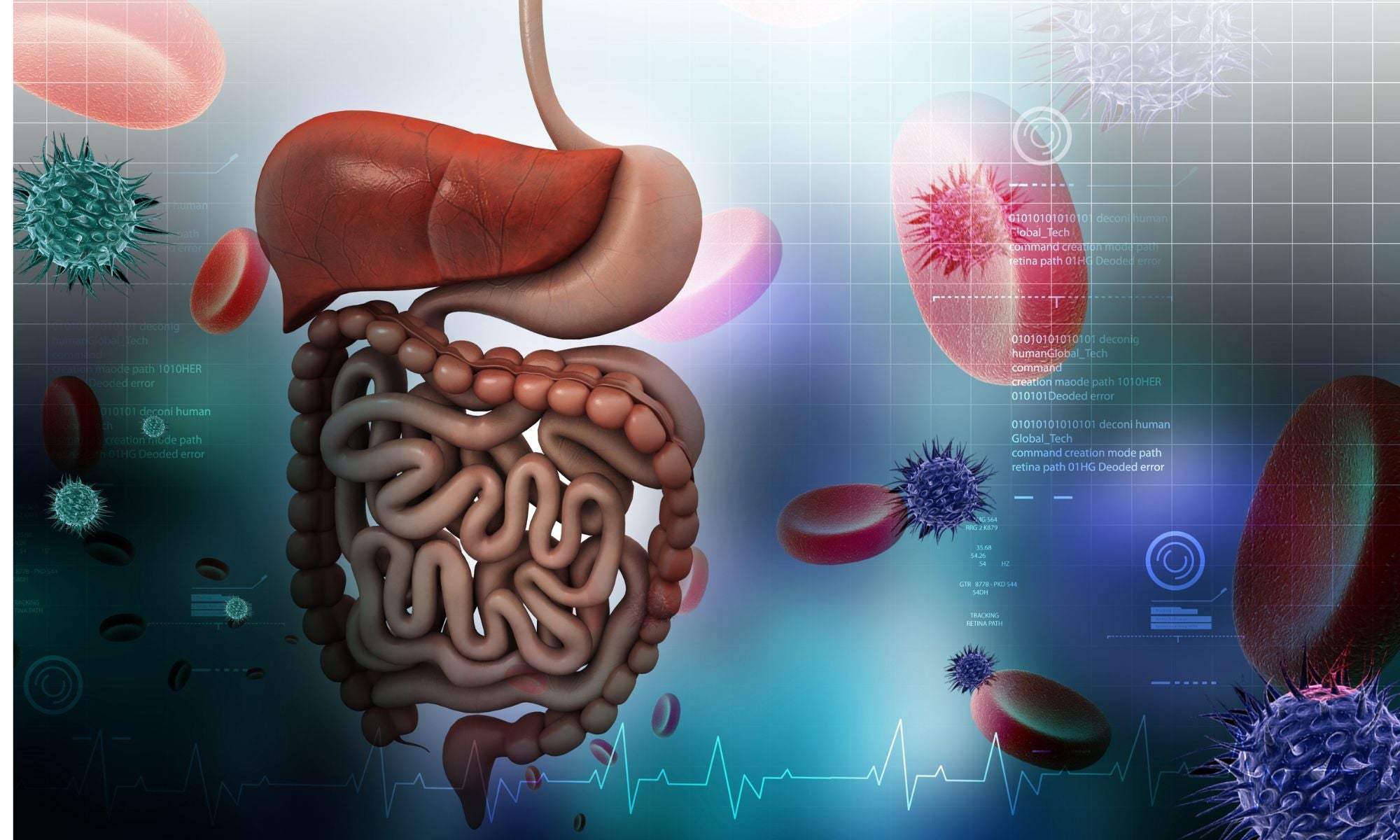
Gut Health and Stress: Easy Ways to Reduce Anxiety and Enhance Digestion
Introduction: What is Gut Health, and How Does Stress Affect It?
Our digestive health and mental well-being are deeply intertwined. Stress, anxiety, and poor dietary habits can hurt the gut-brain connection, leading to physical and emotional discomfort. Fortunately, there are ways to improve digestive health and manage stress effectively. Holistic approaches such as mindful eating and lifestyle changes can help to reduce anxiety while promoting gut health through natural treatments such as probiotics or herbal teas. By taking a proactive approach, we can begin to take charge of our mental and physical health.
The Science Behind the Gut-Brain Connection and How it Impacts Our Well-being

Gut health and mental health are inextricably linked. Recent research has revealed the importance of maintaining a healthy gut microbiome for optimal brain function. Probiotics have the potential to bring equilibrium back to the gut, which can result in enhanced mental acuity and overall health. By understanding the intricate connection between the gut-brain axis, we can take steps toward improving mental health by maintaining a balanced microbiome with probiotics. But the gut microbiome is not just crucial for mental health.
A healthy digestive system is essential for your health and has many advantages. It is believed that the microbiome in our intestines can influence our chance of having certain illnesses, like type 1 diabetes, IBD, colorectal cancer, and more. For example, recent research has revealed that IBD patients benefit from being given probiotics in addition to their medication. There are countless ways to boost your gut microbiome with probiotics—from consuming fermented foods like kimchi and sauerkraut to taking supplements.
Simple Ways to Manage Stress & Improve Your Gut Health
Gut health is essential for overall well-being. Stress, an unhealthy diet, and a sedentary lifestyle can adversely affect your digestive system. To improve gut health, it is necessary to practice stress management techniques like yoga, meditation, and guided imagery. These practices can help reduce stress levels and boost digestion, relieving digestive issues like constipation, bloating, and acidity. Stress, an unhealthy diet, and a sedentary lifestyle can adversely affect your digestive system.
Eating a lot of fiber and probiotic-rich foods like yogurt, sauerkraut, and kombucha is also essential. Prebiotic-rich foods such as garlic, onions, and bananas can be added to help increase the number of beneficial bacteria in the gut. Reducing or eliminating processed foods and alcohol can help improve gut health. To improve gut health for people with inflammatory bowel disease, it is important to incorporate a diet high in fiber and probiotic-rich foods. It may be important to cut back on or eliminate processed foods, alcohol, and gluten.
A healthy, balanced diet is fundamental to having a good quality of life. Unfortunately, many of the foods that are commonly consumed today are highly processed and contain alcohol or gluten, or both. To ensure optimal health, it may be necessary to restrict or eliminate these items from one's diet. By doing so, one can enjoy improved energy levels, digestion, and a healthier lifestyle.
Effective Nutrition Strategies to Balance Your Gut Microbiome & Reduce Anxiety
Good mental health and well-being depend on many factors, including a balanced and nutritious diet. Prebiotics are fibers in food that can help good bacteria grow in the gut, which can positively affect mental health. Probiotic foods, fermented foods, and other nutrition tips can also help support digestion and overall health.
Prebiotics and probiotics are increasingly being linked to improved mental health. Prebiotics, found in certain foods, plays an essential role in the growth of beneficial bacteria in our gut. As such, they can help promote a healthy gut flora balance and mental well-being. One of the best sources of prebiotics is Jerusalem artichokes. These are root vegetables with a mild, slightly sweet taste and a texture that works well in smoothies. , raw salads, and grain dishes.
The nutrients within the Jerusalem artichoke are essential for our well-being as they go through a series of chemical reactions in the gut that produce vital vitamins, including folate, riboflavin, and niacin. They also contain other minerals such as iron, magnesium, and potassium.
One surprising fact about this root vegetable is that it’s one of the richest sources of inulin – which is by far the most common prebiotic found in whole foods – over 400 times more than soluble fiber from other vegetables (like chia seeds) and contains up to 26% dietary fiber. Plants that contain inulin include amaranth, artichokes, asparagus, avocados, bananas (with fiber), beetroot (with betaine), blackberries, brussels sprouts, cabbage (with bioflavonoids), carrots (with beta-cryptoxanthin and beta-carotene), cauliflower (with glucosinolate phytonutrients), celery root (with aroma compounds), chia seeds, and wheat germ.
Did you know one of the best root vegetables to consume is one of the most significant sources of inulin? Inulin is a prebiotic found in whole foods, and this vegetable contains over 400 times more soluble fiber. It's a great source of vitamins and minerals and a great addition to any vegetarian or vegan meal.
Conclusion:
Nobody can deny the fact that gut health and stress are closely linked. When your gut is healthy, it helps reduce anxiety's physical and mental symptoms. On the other hand, when your stress levels are high, it can impact your gut health.











